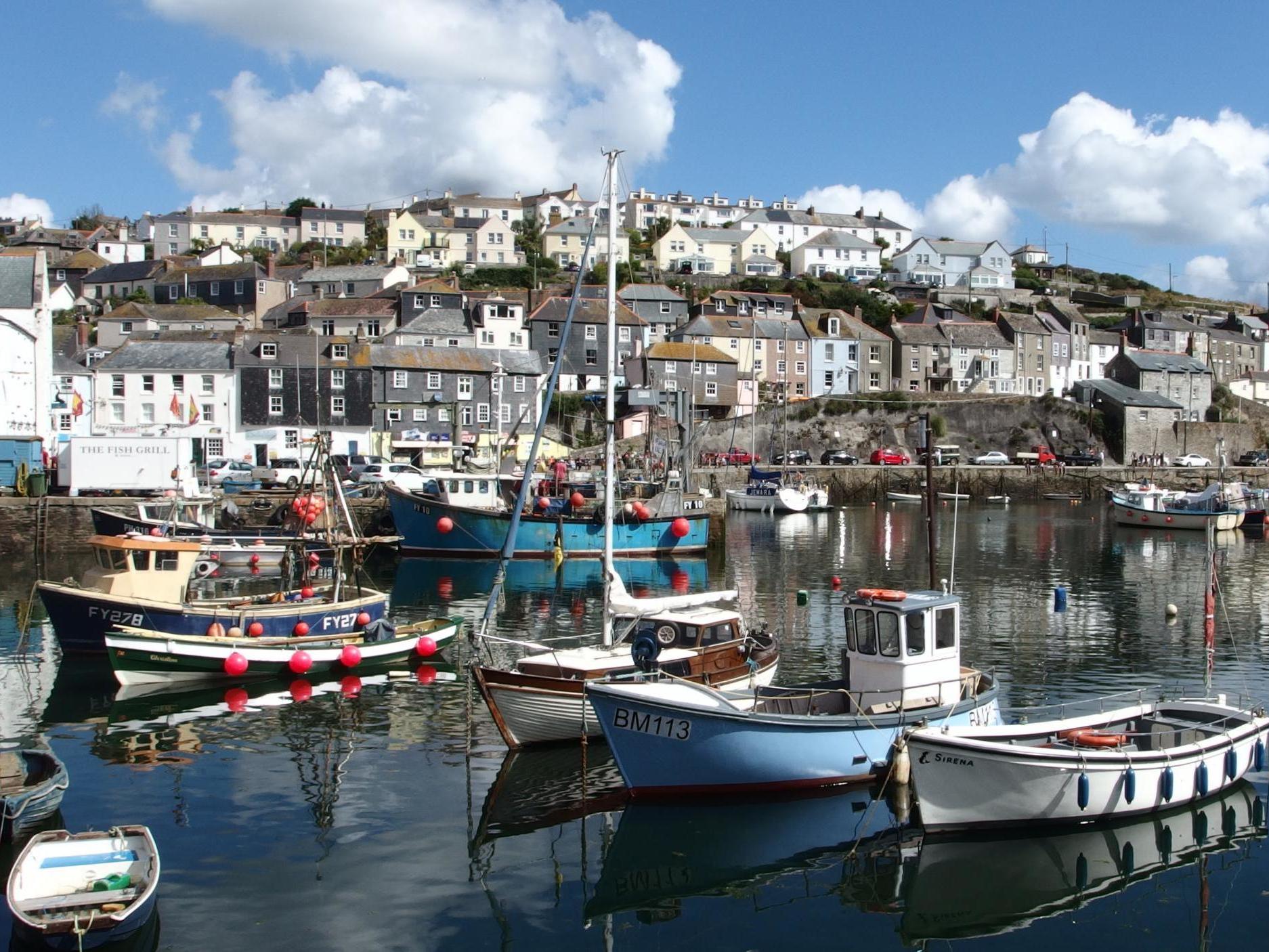The Independent's journalism is supported by our readers. When you purchase through links on our site, we may earn commission.
Why you shouldn't treat TripAdvisor reviews as gospel
The Man Who Pays His Way: Travel is supposed to be the industry of human happiness, generating jobs and joy in equal measure

Your support helps us to tell the story
From reproductive rights to climate change to Big Tech, The Independent is on the ground when the story is developing. Whether it's investigating the financials of Elon Musk's pro-Trump PAC or producing our latest documentary, 'The A Word', which shines a light on the American women fighting for reproductive rights, we know how important it is to parse out the facts from the messaging.
At such a critical moment in US history, we need reporters on the ground. Your donation allows us to keep sending journalists to speak to both sides of the story.
The Independent is trusted by Americans across the entire political spectrum. And unlike many other quality news outlets, we choose not to lock Americans out of our reporting and analysis with paywalls. We believe quality journalism should be available to everyone, paid for by those who can afford it.
Your support makes all the difference.Do you know “Den The Card”? He is a traveller and fairly frequent contributor to TripAdvisor under the username “denthecard”. If you do, tell him I worry about him.
Den started posting reviews on TripAdvisor in 2010. His comments since then suggest he does not enjoy travelling. The vast majority of his reviews are one star, though occasionally and abruptly he lurches to five.
He went through a dismal couple of years between October 2016 and August 2018, with no fewer than 17 one star reviews in a row – mostly of places to eat and drink.
I paid particular attention to this batch, to try to understand where the problem lay.
In June 2017, the hard-to-please traveller called in at the Safe Harbour Hotel in Fowey, Cornwall. “A nice old style pub. Nice beer,” his review begins. Surely that must be worth at least four stars?
No, just the one. Den harbours a grudge because “the lady behind the bar could not assist me with the postcode, for my party to join me”.
That is not quite how the lady behind the bar remembers the interaction, according to the owner’s online riposte to the unfavourable review: “She recalls this guy was on the phone to his partner who was trying to locate the pub from two streets away.”
The bartender, and some postal staff who were in the bar, “all gave full directions”, according to the proprietor.
Another Cornish pub has an owner described as “obnoxious”; the top-rated restaurant in a nearby village has “hostile locals”; and at a third hostelry, Den encountered: “Shocking customers, mostly barred from The British Legion. Without our Stab Vests we felt vulnerable.”
Travel is the industry of human happiness. Tourism, particularly in Cornwall, should generate jobs and joy in equal measure. Has it all gone wrong?
No. More measured TripAdvisor comments about the properties Den deplores suggest they are delivering good service and value (though one review of the “Stab Vests” hotel complains about “wet bedding and a window jammed shut with a toilet roll middle”).
This online litany of gloom makes you wonder why Den ever bothers to stray beyond Birmingham, where he apparently lives. But it also has serious consequences.
These are small family-run businesses in a highly competitive market. Not only is it upsetting to be talked about in such terms in a public forum, but a one star review diminishes the TripAdvisor standing of these pubs and restaurants. In a world where travellers pay so much attention to online comments, TripAdvisor has become critical to many businesses. Denigration can seriously damage their prospects.
Travellers who use TripAdvisor wisely – by ignoring the most extreme reviews and seeking the truth in the middle ground – can enhance their experience. And the rivalries its league tables generate help the industry to raise standards.
But never treat online review sites as gospel, particularly if reviewers need not prove they have visited the location beyond ticking a box to certify “this review is based on my own experience and is my genuine opinion of this establishment”.
“TripAdvisor has a zero-tolerance policy on fake reviews,” the firm insists. But as successive pranks have shown, fictitious reviews of non-existent properties can propel, for example, a garden shed to be the top restaurant in London.
Wise travellers use TripAdvisor with circumspection. Personally, I pay rather more attention to guidebook reviews, where independent professionals make objective comparisons, and a lot more heed to personal recommendations.
I occasionally contribute to TripAdvisor, but only ever positive reviews. That is because if I have a problem such as Den’s disdain for the temperature of the beer at a Cornish pub, I will raise it immediately with the proprietor. Give him or her the chance to fix the problem. Don’t take your grievance home and, after a week or two of seething, set out to ruin a reputation.
Join our commenting forum
Join thought-provoking conversations, follow other Independent readers and see their replies
Comments